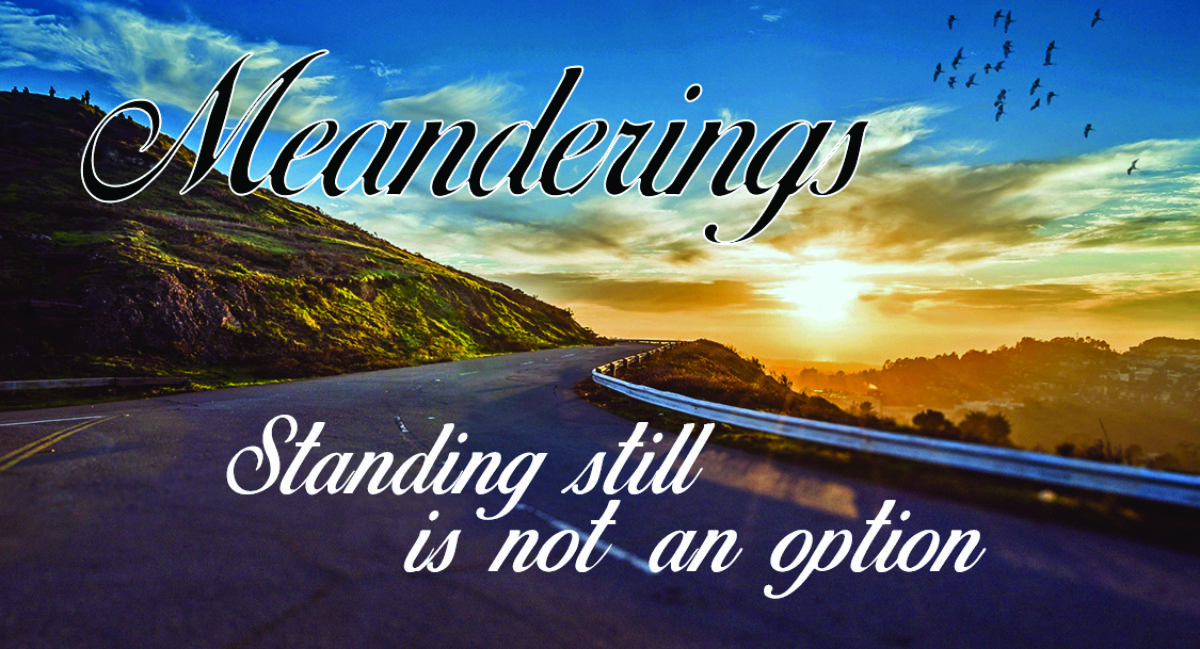Recently, it seems every Lifeliner was experiencing something a little beyond the ordinary. (See Post: My Lifeline) I opened my inbox and there it was in very large and bold print: LIFELINERS THEME SONG. Jay had sent it with a beginning note that just said: “Have to share”. The message contained the entire lyrics of “Thank you for being a friend.” Immediately The Golden Girls television show came to mind but what resonated was that as I read, the words took on a very special meaning. They seemed created for us, this little group of Lifeliners. It was the perfect theme song. Through the marvels of the internet we adopted it in minutes and were emailing each other saying we were singing as we wrote and signing off with thank you for being a (or my) friend.
In replying to Jay I wrote “…that’s what friends are for and, thank YOU for being a friend…” Seeing the juxtaposition of the two songs I smiled to myself. I could picture all of us holding hands and dancing as we sang our newly minted Theme Song. We do like to dance. Then I wrote suggesting that we should put together a list of songs of friendship that was illustrative of the special friendship we share. I am not sure my finger was off the ‘send’ button when Jay responded with a list she found at the following URL: https://www.thoughtco.com/top-friendship-songs-3248289
It was an interesting list as it did contain almost all of the suggestions made by us for our Lifeliners song of songs. Here is a NOT a playlist but a compilation of Lifeliners friendship songs. The collection ranges from a 1927 song to Bob Marley, Frank Sinatra, Rihanna, Bill Withers and more. Perhaps, if you are interested you can find out for yourself who sang what if it is not already included in the above URL. Here goes:
I am “Tongue tied” as my Lifeliners “Stand by Me” through thick and thin. We know “Everybody hurts.” I know that “Anytime you need a friend” a Lifeliner will say “You’ve got a friend in me”. I am never lonely as “I’ll be there for you” yes, “I’ll be there” is the assurance from each Lifeliner. “With a little help from my friends”, “I believe I can fly”. Sure, “The road is long” and hard but, “That’s life” though none of us have any intention to lie down and die. Rather, on dark days when it is raining tears we will gather together under the “Umbrella”. When we say: “You’re my best friend”, we say it to each one and also to the group who singly and together are the “Wind beneath my wings.”
We travel this road “Side by side”. We support each other, we share, we care because “That’s what friends are for.”
Lifeliners theme song is “Thank you for being a friend”. What a precious gift we give to one another. We are grateful that we can share this giant, amazing “One Love” that lightens the darkness of our unique night and makes us feel alright.
The Meander: In writing this I realized how closely aligned friendship and love are. I realized that friendship is the amalgamation of Agape, Filial and Eros those major columns of love. Friends have been very special all my life. The best friends just are, no subterfuge no wearing a face. That is the power of friendship. Friends choose to be friends. You love them, you like them; you are in communion with them. To all my wonderful friends: Thank you for being a friend.
